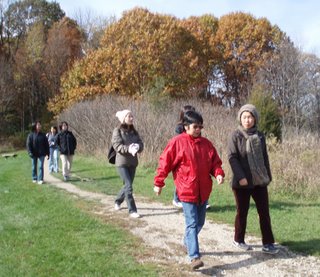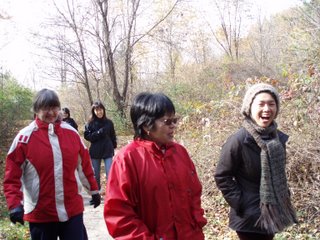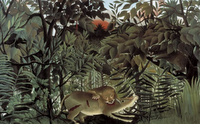"All my life I had hated machines," he wrote. "I did not go to the Arabian desert to collect plants nor to make a map; such things were incidental. ... I went there to find peace in the hardship of desert travel and the company of desert peoples." He committed himself to travel the hard way, without any modern conveniences or conveyances: "Perhaps this was one reason why I resented modern inventions; they made the road too easy." (p. 278)
I enjoyed the details the author presents about the Bedu's powers of observation that allowed them to cross empty desert and find the rare watering places for the camels while avoiding hostile tribes. He describes the uncomfortable posture that one assumes to ride a camel, the way that the meager food is prepared, the occasional rain that created discomfort but which they had no way to capture for drink, the varieties of discomfort from cold, sand, wind, scorpion stings, and more. He told how his companions' view that any guest must be given food repeatedly made him fear as his scanty supplies of flour and coffee were offered to strangers. The variety of each chapter is always a surprise.
I suspect that I am wise to know nothing else about Thesiger than the facts presented in this book. I suspect that an Englishman who loved Arabs so much would be on the opposite side of many political situations from me. Evidence: a map of the Middle East (p. 40) where every country is named except Israel, whose boundaries are recognizable but whose existence is unrecognized. I can make a guess what this means. Thesiger stayed away from global politics. He mentioned the Israel independence war only once, in a rather neutral way, stating that his Bedu had never heard of the Jews at all. So I prefer to seek no further than this supposed neutrality.
The author's overall impression in the final pages of the book: "I shall always remember how often I was humbled by those illiterate hersmen who possessed, in so much grater measure than I, genrosity and courage, endurance, patience, and lighthearted gallantry." (p. 329)
In other words, we have the work of a romantic Orientalist of a type that can no longer sustain reasonable people's credulity. The development of the clash of civilizations, Christian and Islamic, reflected already in the widespread hatred of infidels Thesiger encountered, has changed ones ability to buy this approach. As he wrote, oil drilling and exploration were already certain to change everything for his Bedu companions. It's interesting to see the last gasp of this romantic voyaging.
 | | |
| Arabian Sands: Revised Edition |













